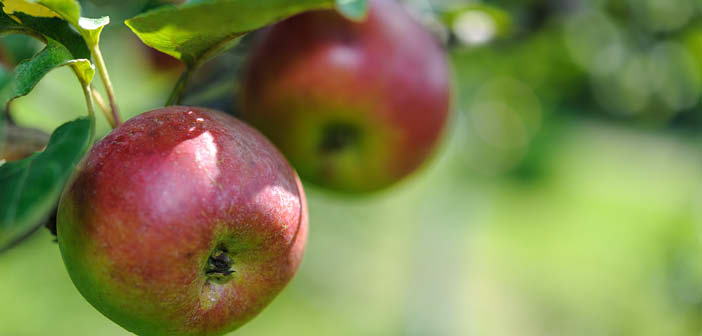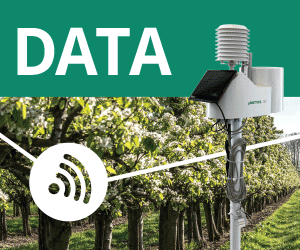Over a third of orders for new apple trees have been cancelled. Supermarket returns for growers are not meeting increased costs
A British Grower Association (BGA) survey of British Apples & Pears Limited (BAPL) members conducted in late 2022 has revealed a major retreat in future orchard investment in the face of stagnant returns.
According to the survey of growers, who together represent an estimated 80% of the British top fruit industry, 150,000 new apple and pear trees have been cancelled this season. The grower intention had been to continue to invest in the long-term future of their orchards by planting 480,000 new trees. Now, one third of those orders have been cancelled.
“This is the clearest indication yet,” said BAPL executive chair, Ali Capper, “that the future of apple and pear growing in the UK is seriously in doubt. The industry is on a knife edge. Without long-term investment and new tree planting, orchards will quickly go into decline. That’s not something any of us wants, least of all the British consumer.”
“The key reason for the lack of investment is supermarket returns that are unsustainable.” Explained Ali Capper. “Increased input costs of around 23%, for example for picking, energy, haulage and packaging, are being met with almost static average fruit prices paid by retailers.”
BAPL growers reported receiving an average 0.8% year-on-year increase in what supermarkets pay them for their fruit. This is despite an independent report by John Pelham from Andersons Consulting recommending that growers should receive a minimum 12% increase in returns (10.2p/pack on a Gala apple six pack).
BAPL growers also provided anonymous comments on their concerns about the top fruit industry. Grower feedback in the BGA survey included the following:
“We have decided to quit apple growing in 2 years’ time after 40 years of growing fruit.”
“We have pruned them [fruit trees], but unless something miraculous happens, we shall … mothball the orchards whilst we decide their eventual fate.”
“Viability of top fruit is on a knife edge and [we] may stop planting. [We] may swap land area to other crops. Costs [are] escalating yet [there is] no increase in net price. [We] will get to a point where [we] cannot carry on.”
“Losing British orchards is not just an issue for our growers and UK food security,” continued Ali Capper. “We’re going to lose huge biodiversity in our countryside too. Apple and pear orchards are a sustainability success story – 83% of our growers work with local beekeepers, 62% have wildflower leys on headlands and 89% have grass orchard margins that are not cut or travelled.”














